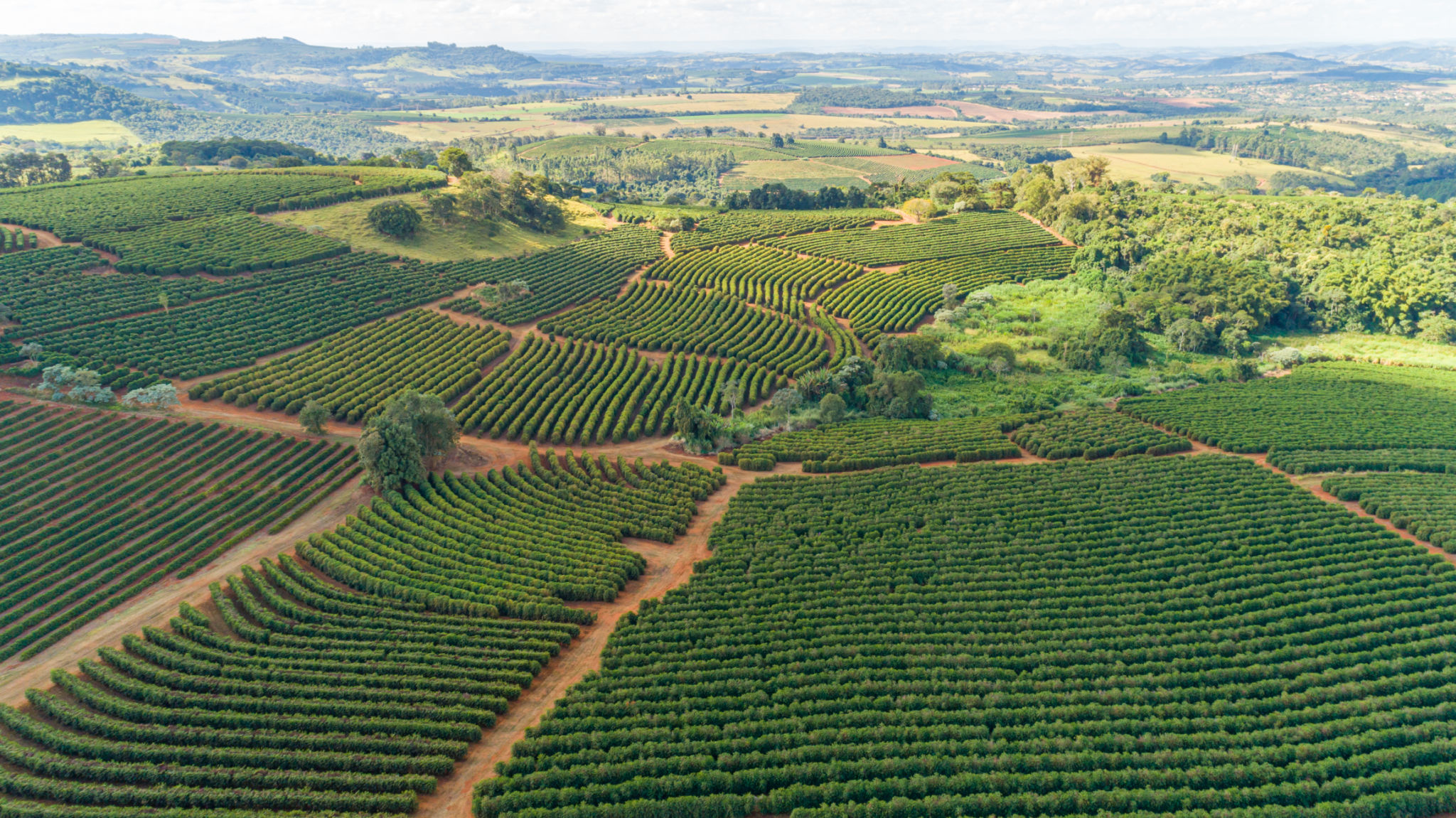A Comprehensive Guide to Importing Brazilian Coffee: From Farm to Cup
Understanding the Brazilian Coffee Industry
Brazil is the largest coffee producer in the world, accounting for approximately one-third of all coffee production globally. This country's vast and diverse landscape offers a range of climates and altitudes, which contribute to the wide variety of coffee flavors and aromas. Importing Brazilian coffee can be a lucrative venture for any coffee business, but understanding the nuances of this industry is crucial for success.

Identifying Quality Coffee Beans
The first step in importing Brazilian coffee is identifying quality beans. Brazilian coffee is known for its distinct flavor profiles, often characterized by notes of chocolate and nuts. When selecting coffee beans, pay attention to the region of origin, as each area in Brazil offers unique characteristics. The most renowned regions include Minas Gerais, Bahia, and São Paulo.
Quality assessment involves evaluating the bean's size, color, and aroma. Specialty-grade coffee beans are typically free from defects and have a consistent size and shape. Engaging with local farmers or cooperatives can provide valuable insights into the quality and sustainability practices of their coffee production.
Navigating Import Regulations
Importing coffee from Brazil involves navigating various regulations and trade agreements. It is essential to be familiar with both Brazilian export laws and your country's import requirements. This may include obtaining necessary permits, adhering to quality standards, and ensuring proper documentation, such as certificates of origin and phytosanitary certificates.

Collaborating with experienced import brokers or logistics companies can simplify this process. These professionals can help manage customs clearance, transportation logistics, and ensure compliance with all legal requirements.
Building Strong Relationships with Suppliers
Establishing strong relationships with Brazilian coffee suppliers is vital for a successful import operation. Consider visiting farms or attending trade shows to meet producers face-to-face. Building trust with suppliers not only ensures a steady supply of high-quality beans but also opens doors to exclusive varieties and better pricing.
Transparent communication about expectations regarding quality, quantity, and delivery timelines is essential. Regular interactions and feedback can help maintain a strong partnership and address any issues promptly.

Understanding Logistics and Transportation
The logistics of transporting coffee from Brazil to your location involves several steps, including packaging, shipping, and storage. Coffee beans should be packaged in materials that protect them from moisture and contamination during transit.
Choosing the right shipping method is crucial; while air freight is faster, sea freight is more cost-effective for larger volumes. Collaborating with logistics providers who have experience in handling coffee can ensure that your product arrives in optimal condition.
Marketing Brazilian Coffee
Once your Brazilian coffee arrives, it's time to market it effectively. Highlight the unique flavors and origins of your coffee to attract consumers. Storytelling can be a powerful tool; share the journey of your coffee from farm to cup to connect with customers on a personal level.

Consider offering tastings or workshops to educate consumers about the distinct qualities of Brazilian coffee. Building a brand around transparency, sustainability, and quality can set your product apart in a competitive market.
The Final Brew
Importing Brazilian coffee is a complex but rewarding endeavor that requires careful planning and attention to detail. By understanding the industry, building strong supplier relationships, navigating regulations, and implementing effective marketing strategies, you can bring exceptional Brazilian coffee to consumers around the world.